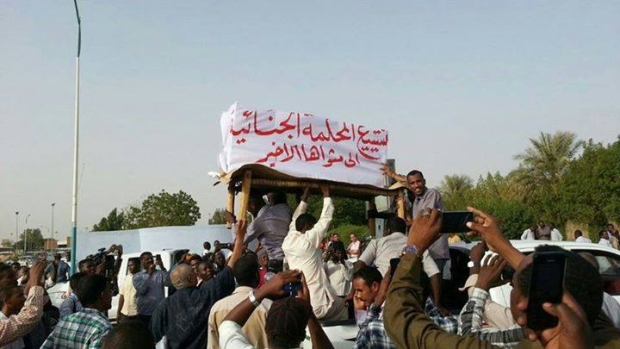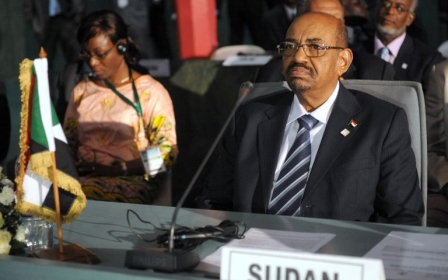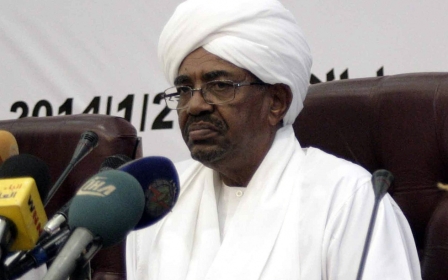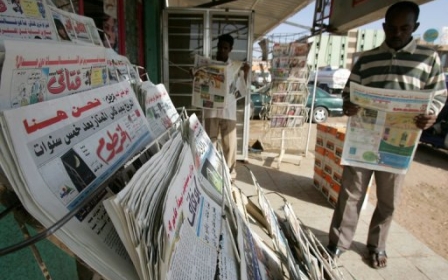Sudan's Bashir slips out of South Africa despite calls for arrest
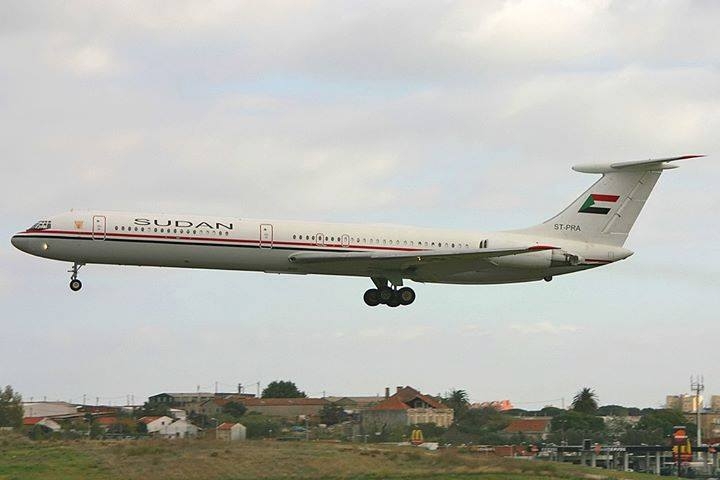
Sudanese President Omar al-Bashir flew out of South Africa on Monday despite a court ruling ordering him to stay while judges weighed up whether he should be arrested over alleged war crimes and genocide.
Bashir had travelled to the South African city of Johannesburg for the 25th annual African Union summit.
However, the meeting was overshadowed when the International Criminal Court (ICC) called for him to be detained on long-standing arrest warrants over the Darfur conflict.
On Sunday, Judge Hans Fabricius ordered authorities to stop Bashir from leaving the country after the Southern African Litigation Centre, a legal rights group, lodged its urgent case.
The president's hurried exit from South Africa appears to be in direct violation of that court order, and immediately sparked anger from rights groups.
South Africa is a signatory of the ICC, an international body which has often faced criticism for only targeting African leaders.
"President Bashir's plane took off from Johannesburg and will arrive around 6:30 pm (1530 GMT)," Sudan's State Minister for Information Yasir Yousef told AFP in Khartoum.
Bashir’s safe passage from South Africa was celebrated by the Sudanese security services, which wrote on Facebook that “the Lion of Africa [Bashir] is on his way back after burying the Court of Injustice for good”.
At the airport Bashir was greeted by a small group of supporters who held aloft a mock coffin draped in a flag bearing the words "burying the ICC for good".
Opposition activists in Sudan had welcomed the South African court’s decision to bar Bashir from leaving the country, with one group, Change Now, calling it “a victory for justice and the rule of law in South Africa and throughout the continent”.
There were also calls for Egypt's President Sisi to be arrested during his visit to South Africa over alleged human rights abuses committed since the army seized power in 2013.
A group of lawyers said they had "overwhelming evidence" that Sisi was responsible for rights violations, filing an official request demanding that the president be arrested on his arrival in Johannesburg on Friday.
Sisi later cancelled the scheduled trip.
Assurances given?
Bashir chose to attend the summit, and attended a group photograph on Sunday along with South African host President Jacob Zuma and Zimbabwe's President Robert Mugabe, who is the chair of the 54-member group.
Monday is the closing day of the summit.
Sudan officials in Johannesburg had earlier brushed off the court case and said the South African government had given them assurances about Bashir's trip before the summit.
The ICC indictments relate to the western Sudanese region of Darfur, which erupted into conflict in 2003 when insurgents launched a campaign against Bashir's Arab-dominated government, complaining of marginalisation.
Khartoum unleashed a bloody counter-insurgency using the armed forces and allied militia groups.
The United Nations says 300,000 people have been killed in the conflict and another 2.5 million forced to flee their homes.
Khartoum, however, disputes the figures, estimating the death toll to be no more than 10,000.
The ICC had called on South Africa "to spare no effort in ensuring the execution of the arrest warrants," against Bashir, 71, who seized power in Sudan in a 1989 coup.
The South African government and the African Union made no immediate comment on Bashir's exit.
The European Union had issued a statement saying it "expects South Africa... (to act) in executing the arrest warrant against any ICC inductee present in the country".
The United States, which is not a participant in the ICC, said it "strongly support(ed) international efforts to hold accountable those responsible for genocide, crimes against humanity and war crimes".
New MEE newsletter: Jerusalem Dispatch
Sign up to get the latest insights and analysis on Israel-Palestine, alongside Turkey Unpacked and other MEE newsletters
Middle East Eye delivers independent and unrivalled coverage and analysis of the Middle East, North Africa and beyond. To learn more about republishing this content and the associated fees, please fill out this form. More about MEE can be found here.


